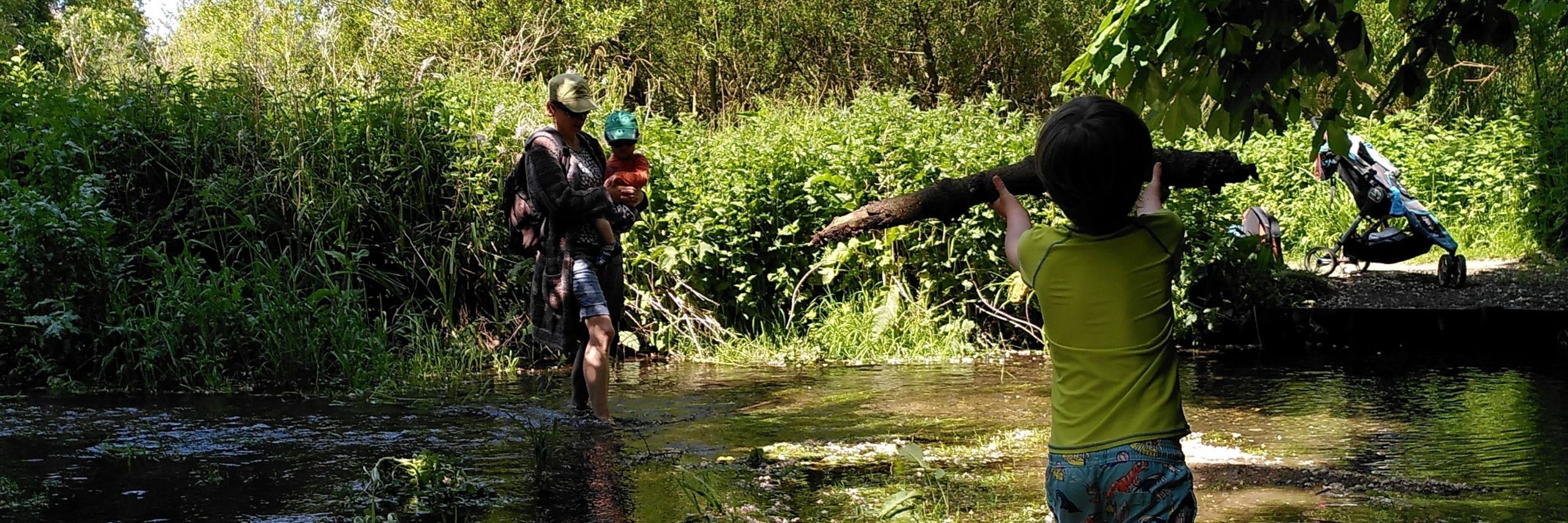
rivers-of-food.panda.org

rivers-of-food.panda.org
But unless we start to redirect the underlying policy & business drivers of ecosystem degradation, we won't bend the curve of global freshwater biodiversity loss.
ENDS.

The way in which conservation researchers & practitioners respond will largely determine the future for freshwater ecosystems.
The way in which conservation researchers & practitioners respond will largely determine the future for freshwater ecosystems.
Freshwater scientists should engage far more with social sciences to generate understanding of policy-business-ecosystem links & to map future pathways.

Freshwater scientists should engage far more with social sciences to generate understanding of policy-business-ecosystem links & to map future pathways.
But it's patchy. Far more is needed.
And the #freshwater sciences community needs to catch-up quickly...
But it's patchy. Far more is needed.
And the #freshwater sciences community needs to catch-up quickly...
Our paper describes those priorities, and potential implications for freshwater biodiversity.

Our paper describes those priorities, and potential implications for freshwater biodiversity.
We particularly focused on #water resource management, #agriculture & #food, #energy, & inland #fisheries.




We particularly focused on #water resource management, #agriculture & #food, #energy, & inland #fisheries.
So, what could this look like?
So, what could this look like?
Similarly, most restoration projects tackle immediate local/catchment scale pressures rather than underlying drivers (more on this here: unesdoc.unesco.org/ark:/48223/p...)
Similarly, most restoration projects tackle immediate local/catchment scale pressures rather than underlying drivers (more on this here: unesdoc.unesco.org/ark:/48223/p...)
None of them systematically assessed these underlying socio-economic drivers.
Few explicitly linked biodiversity trends & changes in national/international policies or business behaviour.
None of them systematically assessed these underlying socio-economic drivers.
Few explicitly linked biodiversity trends & changes in national/international policies or business behaviour.
Energy ministers incentivise hydropower generation.
Multinational food congomerates source farm produce from water-stressed regions.
Etc.
Energy ministers incentivise hydropower generation.
Multinational food congomerates source farm produce from water-stressed regions.
Etc.
All these pressures (aka threats, stressors) are driven by various human activities.
So far, so uncontroversial.
All these pressures (aka threats, stressors) are driven by various human activities.
So far, so uncontroversial.
So, is habitat restoration enough?
Our paper, published in @envreviews.bsky.social, suggests that the answer is "no".
Let me explain...

So, is habitat restoration enough?
Our paper, published in @envreviews.bsky.social, suggests that the answer is "no".
Let me explain...
From the Amazon to the Zambezi, dams are being removed, flows secured, pollution reduced & fisheries better managed.
But...


